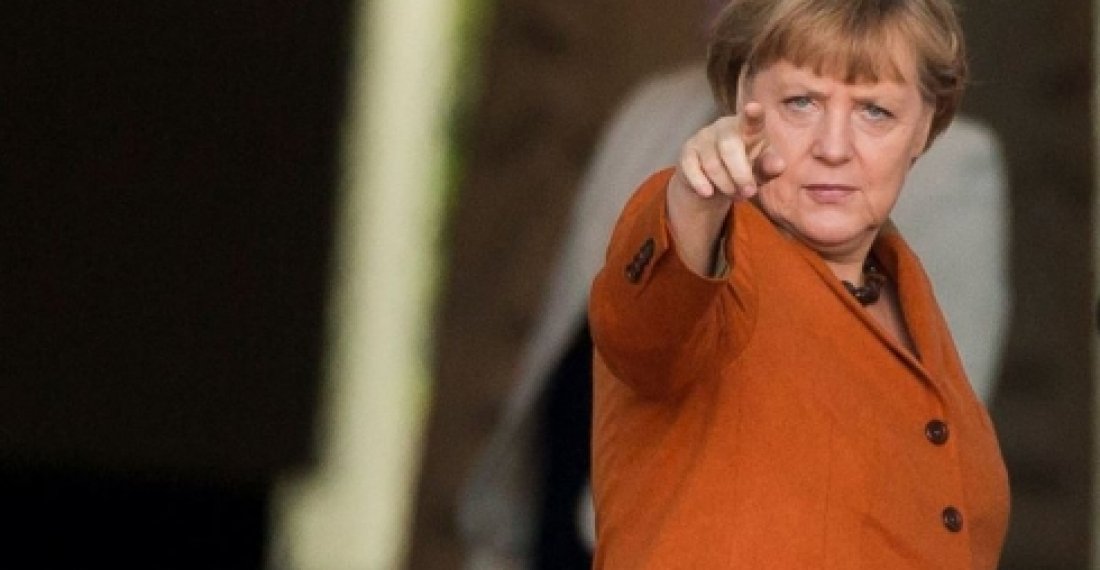German Chancellor Angela Merkel has accused Russia of interfering in the affairs of Eastern European countries seeking closer ties with the EU.
In an interview in Die Welt am Sonntag newspaper (in German), Mrs Merkel said Russia was "creating problems" for Moldova, Georgia and Ukraine. Russia's violation of "the territorial integrity... of Ukraine must not be allowed to stand", she added.
"Moldova, Georgia and Ukraine are three countries in our eastern neighbourhood that have taken sovereign decisions to sign an association agreement with the EU," Mrs Merkel told Germany's Die Welt am Sonntag. "Russia is creating problems for all three of these countries," she said, pointing to frozen conflicts in breakaway regions like Trans-Dniester, Abkhazia and South Ossetia, as well as Russian actions in eastern Ukraine.
Last month Russian President Vladimir Putin signed a "strategic partnership" agreement with Georgia's breakaway region of Abkhazia, drawing strong criticism from Nato and the EU.
In the interview, Mrs Merkel also accused Moscow of trying to make countries in the western Balkans economically and politically dependent on Russia in order to gain influence there. She said she was "convinced" that the "common European response to Russia's actions is correct".
source: commonspace.eu with BBC World
photo: The Gemran Chancellor, Angela Merkel (archive picture).







